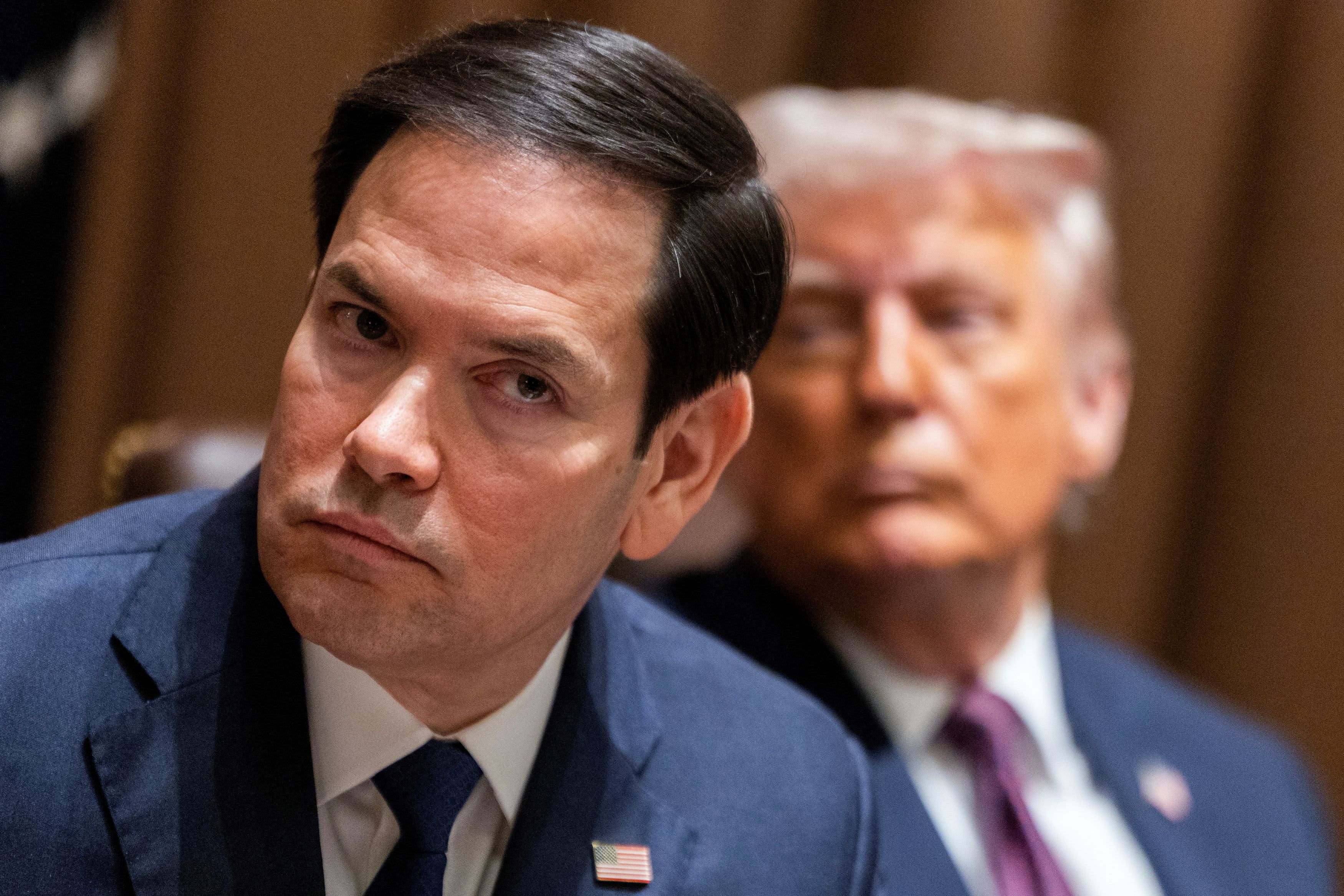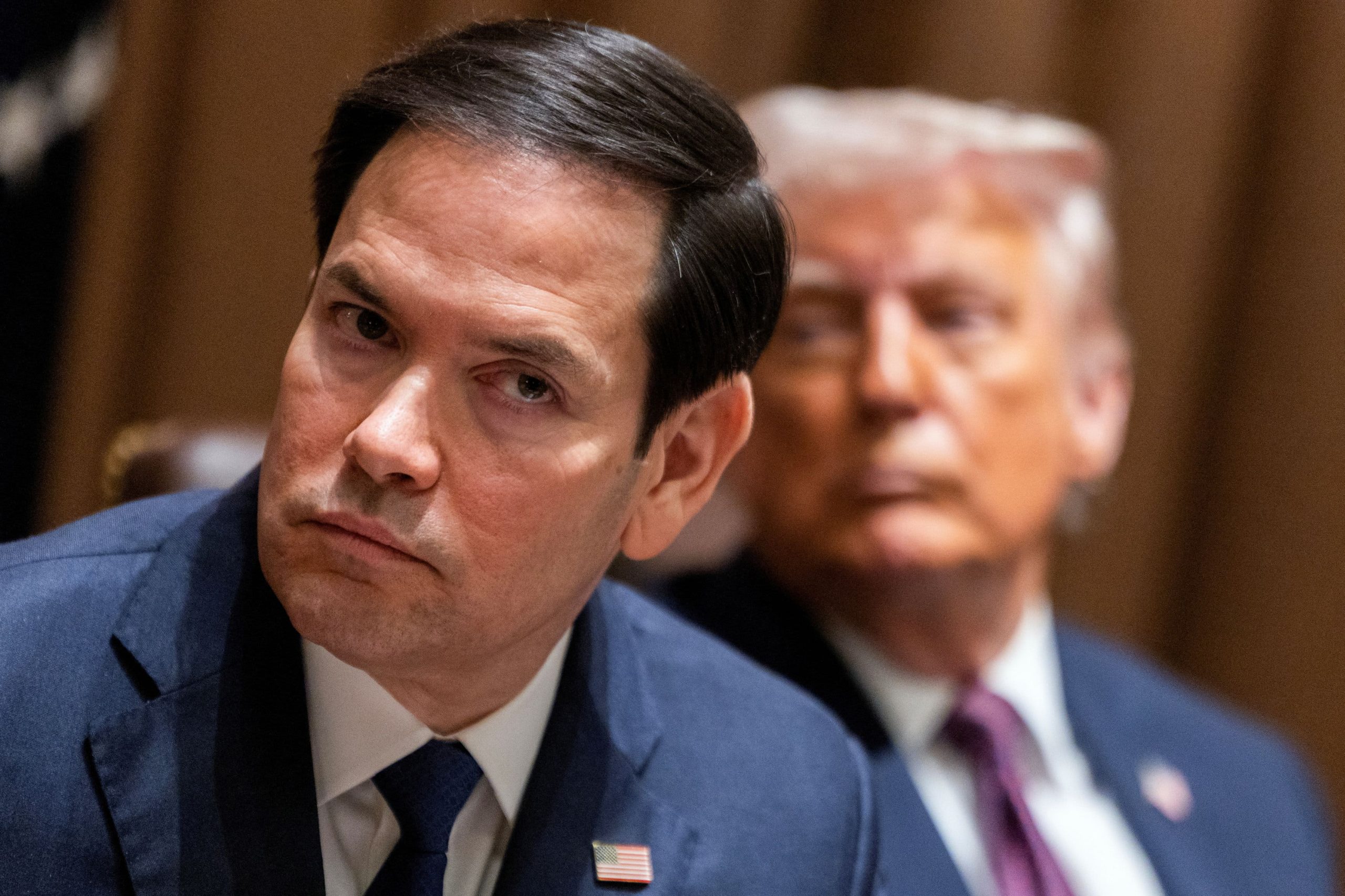
The American political arena is buzzing with speculation as the Republican Party grapples with a pivotal question: Who will inherit the mantle of the Make America Great Again (MAGA) movement after Donald Trump? With Trump constitutionally barred from a third term, the focus has shifted to his potential successors—Vice President JD Vance and Secretary of State Marco Rubio. Both have emerged as frontrunners, thanks to Trump’s strategic endorsements and their own political maneuvering. This succession battle isn’t just about personalities; it’s a high-stakes game that could redefine the GOP’s future.
The Strategic Chessboard: Trump’s Endgame
Trump’s approach to succession is anything but accidental. By name-dropping both Vance and Rubio, he’s playing a classic power-retention game. On one hand, Vance—currently the Republican National Committee’s finance chair—embodies Trump’s populist base, with a knack for rallying the grassroots and keeping the party’s coffers flush. Trump’s praise for Vance as “very capable” is deliberate ambiguity, keeping him on his toes without anointing him outright.
Rubio, meanwhile, represents a different calculus. Once a fierce primary rival, Rubio has been strategically elevated to key roles: national security adviser, acting archivist, and USAID head. This isn’t just rehabilitation; it’s a masterstroke to co-opt a former critic and expand the MAGA tent. Rubio’s foreign policy credentials and bureaucratic savvy make him a formidable counterweight to Vance’s insurgent appeal. Trump’s dual endorsement ensures neither gains unchecked dominance—a move straight out of *The Art of the Deal*.
The Power of Institutional Leverage
Positioning is everything in politics, and both Vance and Rubio hold roles that amplify their influence. Vance’s RNC finance chairmanship isn’t just about fundraising; it’s a networking goldmine. By overseeing donor relationships and party infrastructure, he’s building a war chest and loyalty network that could turbocharge a 2028 bid.
Rubio’s portfolio, however, is a Swiss Army knife of political leverage. As national security adviser, he’s shaping global strategy—a platform to burnish commander-in-chief credentials. His oversight of USAID and the National Archives adds layers of domestic and bureaucratic clout. These roles aren’t just résumé fillers; they’re springboards for a Rubio presidency, offering him unmatched access to policy levers and institutional knowledge.
The 2028 Wildcards: Loyalty, Rivalry, and the MAGA Brand
The Vance-Rubio dynamic is less a rivalry than a carefully choreographed dance. Trump has engineered a balance: Vance as the loyalist veep, Rubio as the rehabilitated insider. Their ideological alignment (both are staunch Trumpists) suggests collaboration, but history shows that succession battles rarely stay cordial.
The X-factor? The GOP’s electoral performance. A 2024 Trump victory would cement his kingmaker status, letting him anoint a successor from a position of strength. A loss, however, could trigger a civil war between the Vance and Rubio camps—each claiming to be the true heir to MAGA. Meanwhile, dark horses like Florida Governor Ron DeSantis or Senator Tom Cotton could exploit any missteps, turning this into a free-for-all.
—
Trump’s succession playbook is a masterclass in political jiu-jitsu. By elevating both Vance and Rubio, he’s ensured the MAGA movement outlives his presidency—whether as a unified force or a fractured battleground. The 2028 race won’t just pick a nominee; it’ll decide if Trumpism evolves or implodes. One thing’s certain: the GOP’s future will be written by the rules of Trump’s game, where loyalty and leverage collide. The only question is who’ll be left standing when the dust settles.







